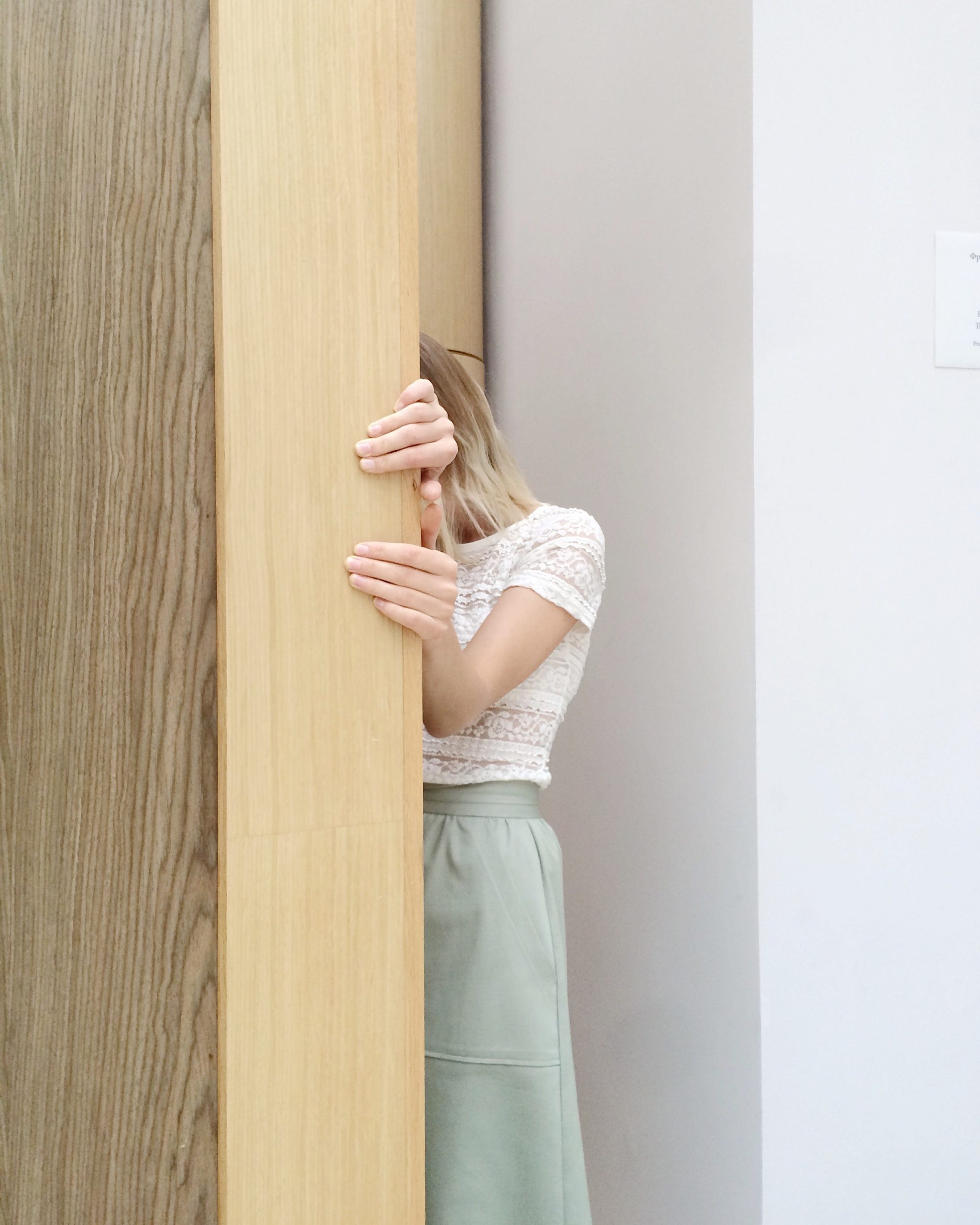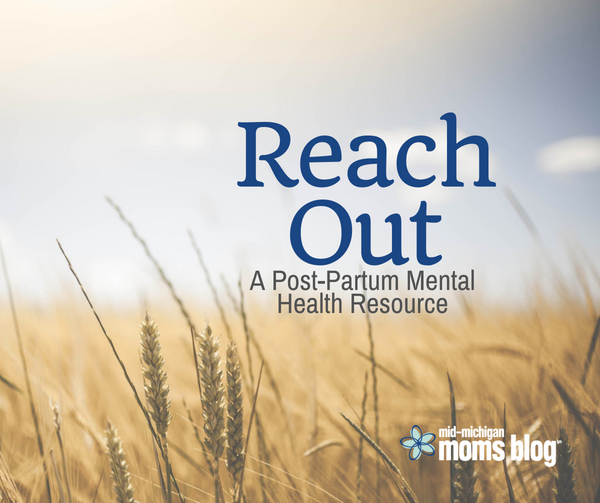Growing up, all I knew was that I didn’t like crowds or restaurants. When we would go to a sit-down restaurant I would have full-on panic attacks. But not having any support to figure out what I was feeling, I just dealt with it. I didn’t like people looking at me… judging me. I had zero confidence.
I was never involved in any sports and I didn’t have a close group of friends. In fact, I was bullied throughout my entire twelve years in school. Most of my time was spent picking up babysitting gigs until I started a full-time job at the age of 16. Dealing with kids has always been easier for me than dealing with some adults.
When I first heard the term “social anxiety,” I was probably in my mid-twenties and it all just clicked! Of course, I was still dealing with it but now I knew other people were as well. We all have something.
 As an adult, I still struggle with social anxiety. For me, this means that when I get up to speak in front of strangers my cheeks get red, I feel like I’m on fire and my words get lost. I try to attend parties and events that I’m invited to, but I don’t make them all. Having someone I know in attendance makes me more comfortable. But, if not, I often feel like a fish out of water. My husband attends more sporting events with our kids than I do. He’s more comfortable in crowds. And after a long day of what I call “peopling” at work, I crave alone time. Put the kids to bed and watch that TV show you’ve been wanting to see.
As an adult, I still struggle with social anxiety. For me, this means that when I get up to speak in front of strangers my cheeks get red, I feel like I’m on fire and my words get lost. I try to attend parties and events that I’m invited to, but I don’t make them all. Having someone I know in attendance makes me more comfortable. But, if not, I often feel like a fish out of water. My husband attends more sporting events with our kids than I do. He’s more comfortable in crowds. And after a long day of what I call “peopling” at work, I crave alone time. Put the kids to bed and watch that TV show you’ve been wanting to see.
On the weekends I often like to stay home because I’ve worked all week. It’s also a time for me to “recharge” as I call it. If I don’t have a chance to do so, I get burnout: I’m not as patient, my energy is low, and I’m irritable. Having time to recharge is crucial for my mental health even if it is just a drive to get a soda or sitting in the parking lot alone.
What I’ve learned through this journey is that it is okay to say no. Taking time for yourself is a must – you cannot be everything to everyone! Find someone to talk to one-on-one that is willing to listen and know that there is no “one size fits all” when it comes to mental health.













